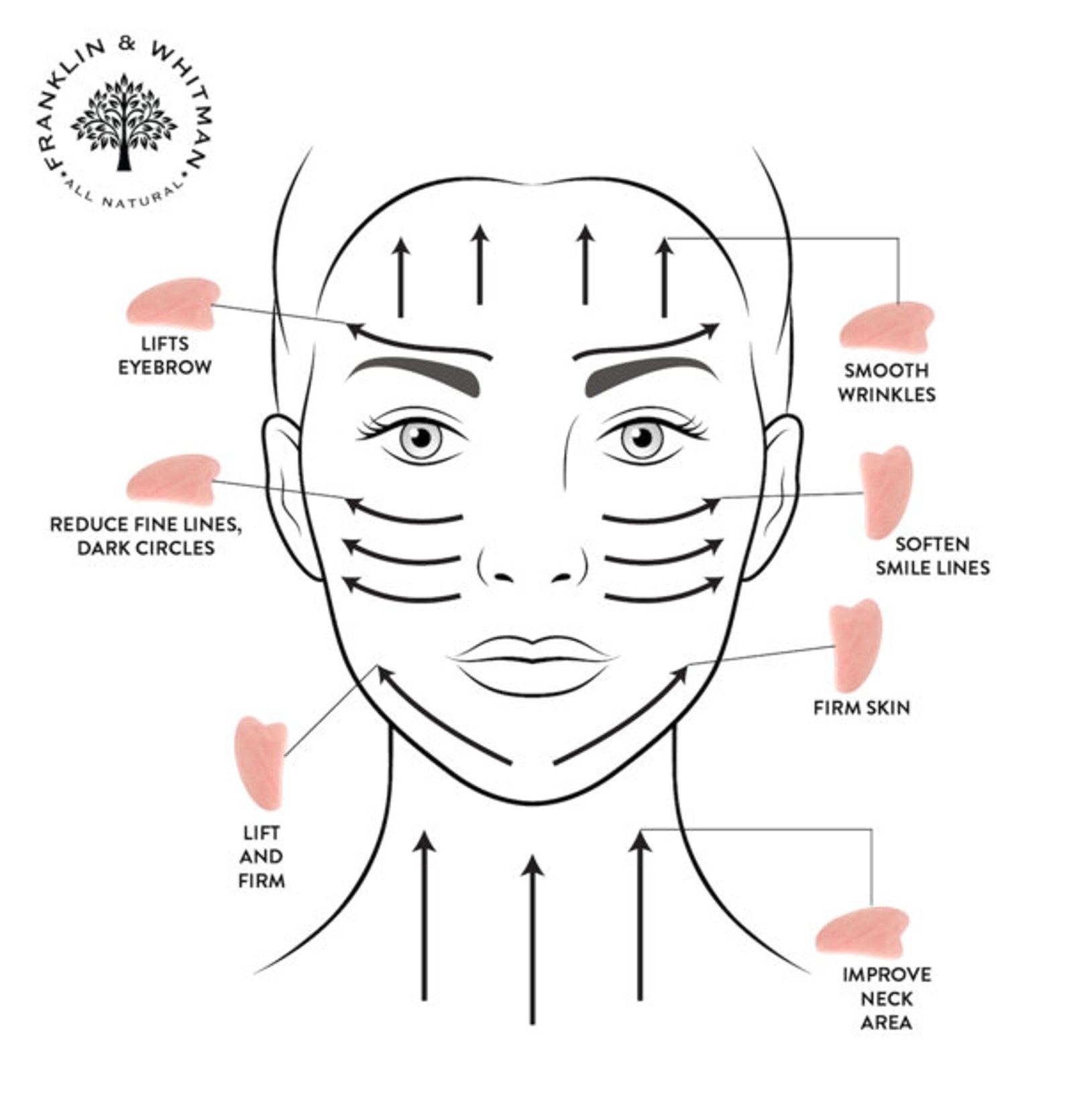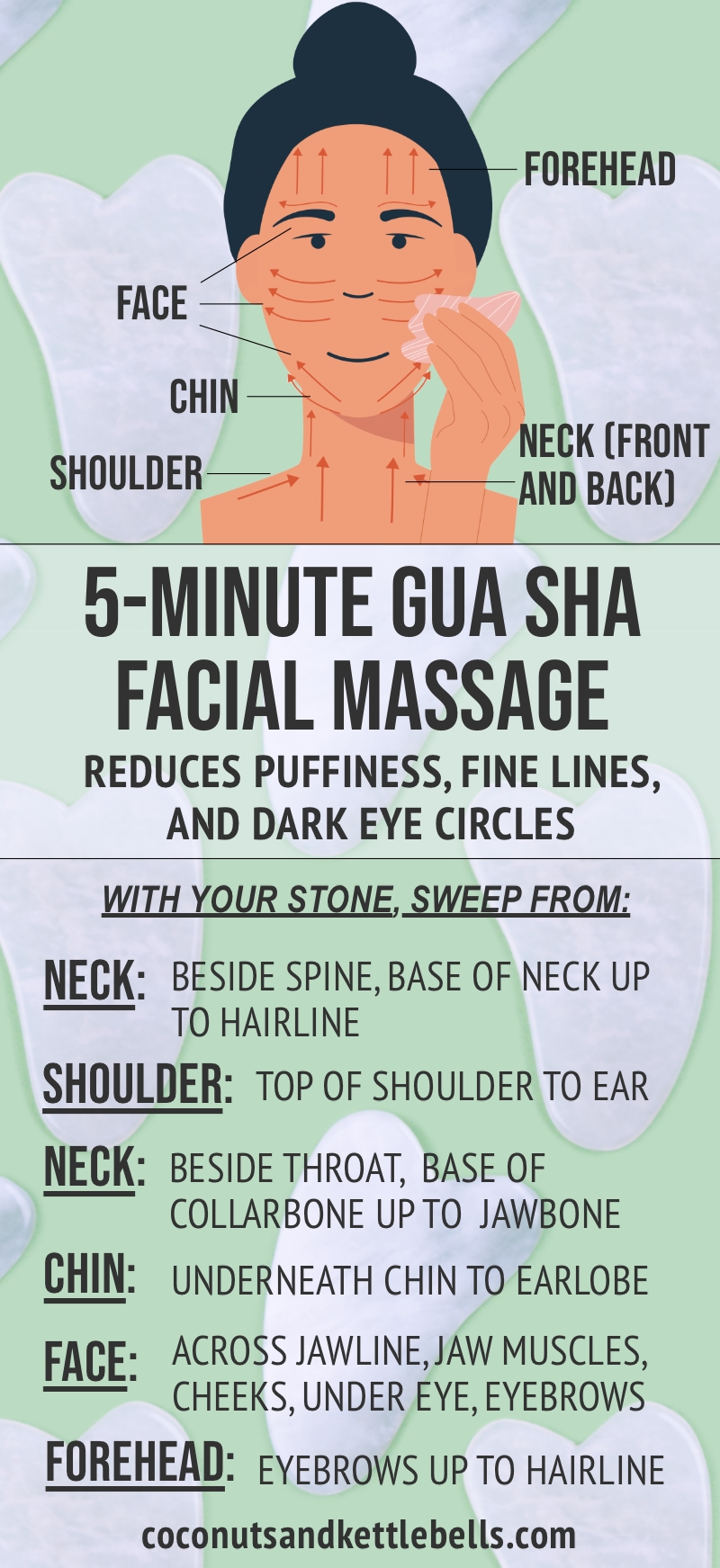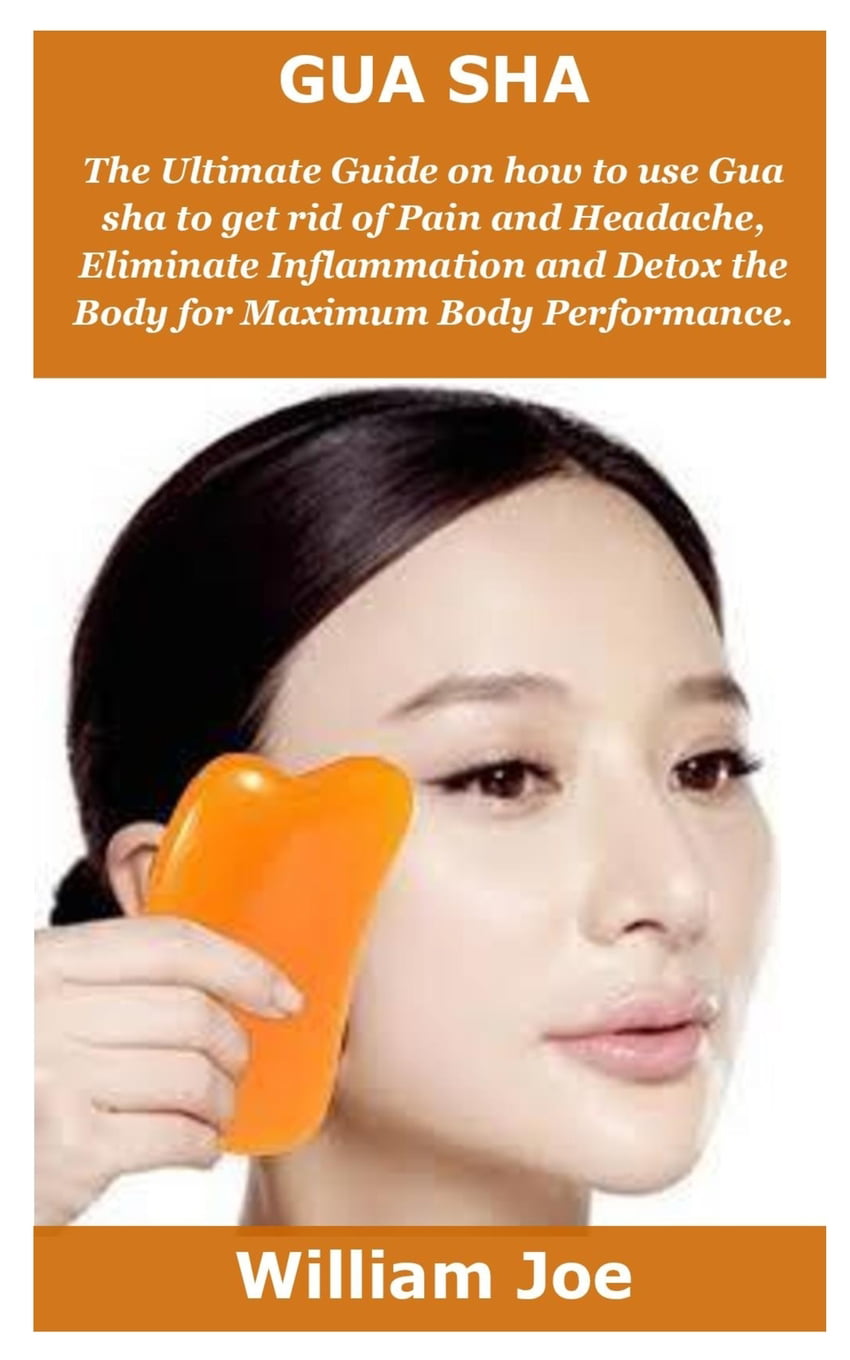

You can use the wide edge or one of the curved sides.


That's because when you lie down to sleep, water can collect in the face and cause a mild swelling due to gravity.īesides skincare, several small studies have found potential benefits of gua sha such as treating ailments like migraines, chronic neck pain, Tourette's syndrome, and perimenopause. For instance, your cheekbones may look more sculpted after a round of gua sha, but will usually puff up again the next morning. While gua sha may lead to improvements in the skin's appearance, results are often temporary, says Garshick. Minimize wrinkles: A 2020 case study found that gua sha may improve wrinkles and fine lines, but more studies are needed to investigate this benefit further.Reduce puffiness: Applying light strokes or movements on the face can help keep the lymph fluid moving, says Marie Hayag, MD, FAAD, a dermatologist at Fifth Avenue Aesthetics, which may reduce puffiness and inflammation.Improve blood flow to the treated area: A small 2007 study found that gua sha may improve microcirculation, aka blood circulation in small blood vessels, for about 25 minutes after treatment.However, almost all these claims are anecdotal and there is little scientific evidence to back them up. Today, people typically use gua sha to sculpt their face and minimize wrinkles. Promote lymphatic drainage, which reduces swelling by encouraging the flow of lymph, a fluid that transports white blood cells and removes bacteria and viruses.Garshik says that according to Chinese medicine texts, gua sha is meant to: There are even more expensive ones in the $50 to $100 range. What's the cost? You can usually find gua sha tools in beauty stores or online, and they cost about $5 to $50.

Gua sha was originally used on the body, such as the arms, legs, and back, but it is now commonly used to improve the facial appearance, says Marisa Garshick, MD, FAAD, a dermatologist at MDCS Dermatology. Important: Because gua sha expands or bursts blood vessels, it is not recommended for those who are taking blood thinners. These spots are only temporary, lasting between a few hours to a few days. It is meant to expand or burst blood vessels, and, depending on how much pressure is applied, cause tiny, red spots called petechiae. Gua sha is a traditional Chinese healing technique where a special jade or quartz tool with round, smooth edges is scraped across the skin.


 0 kommentar(er)
0 kommentar(er)
